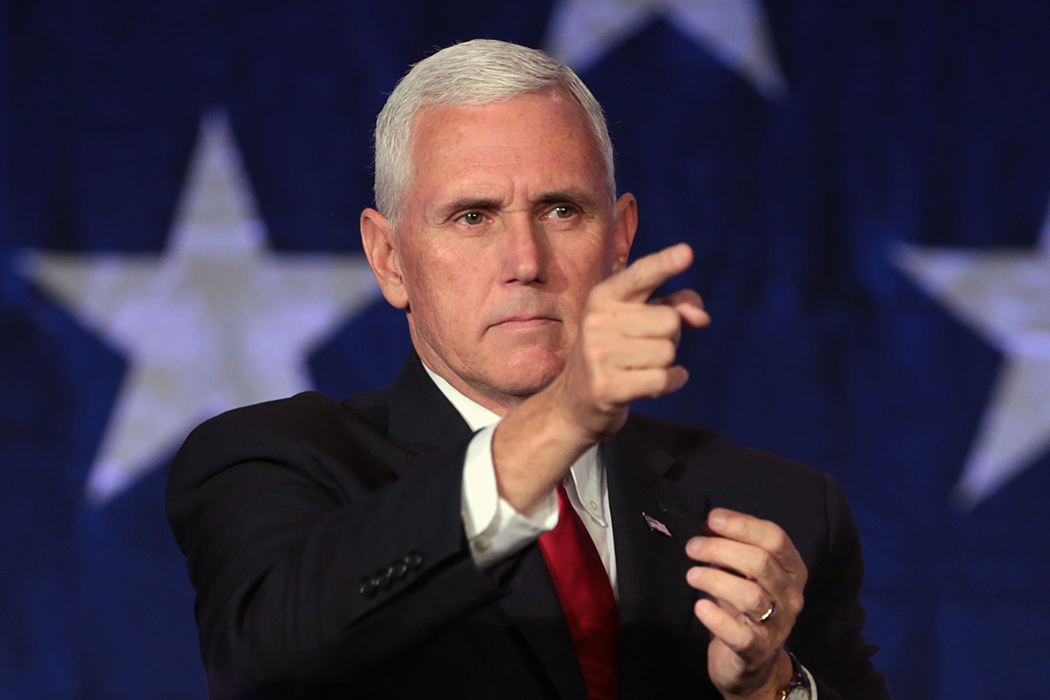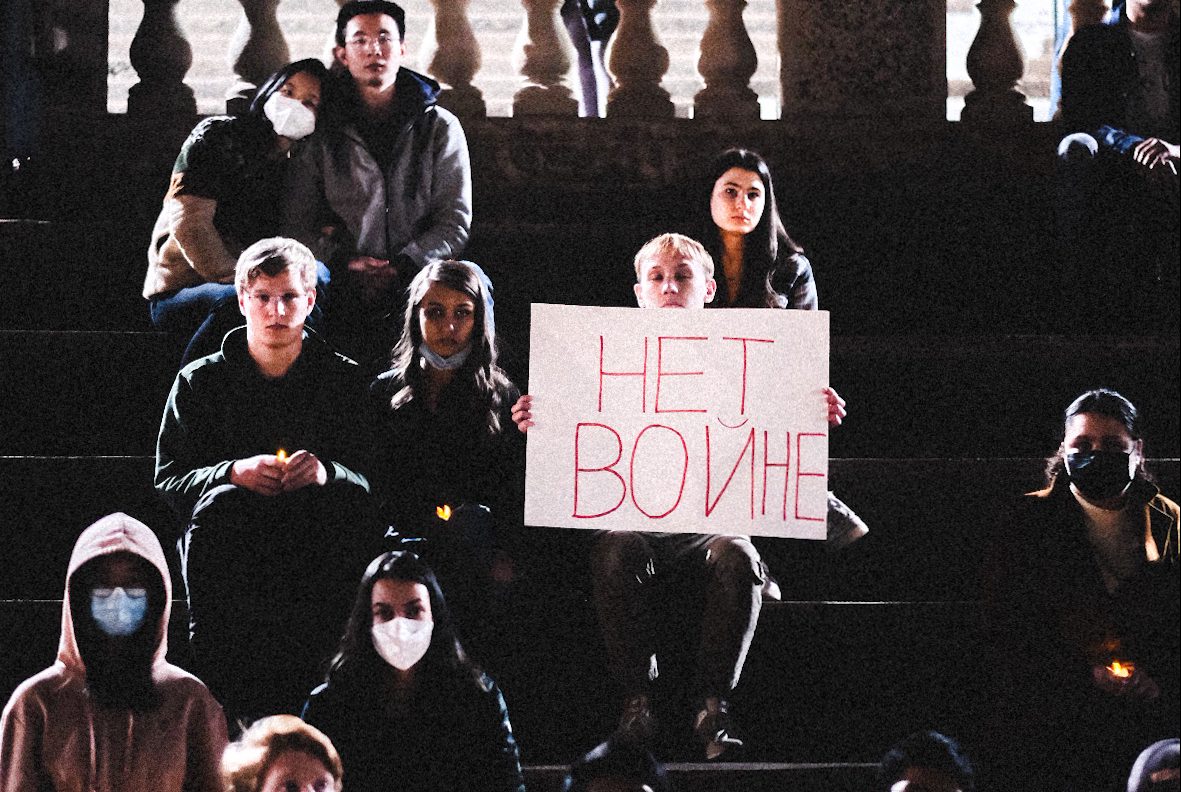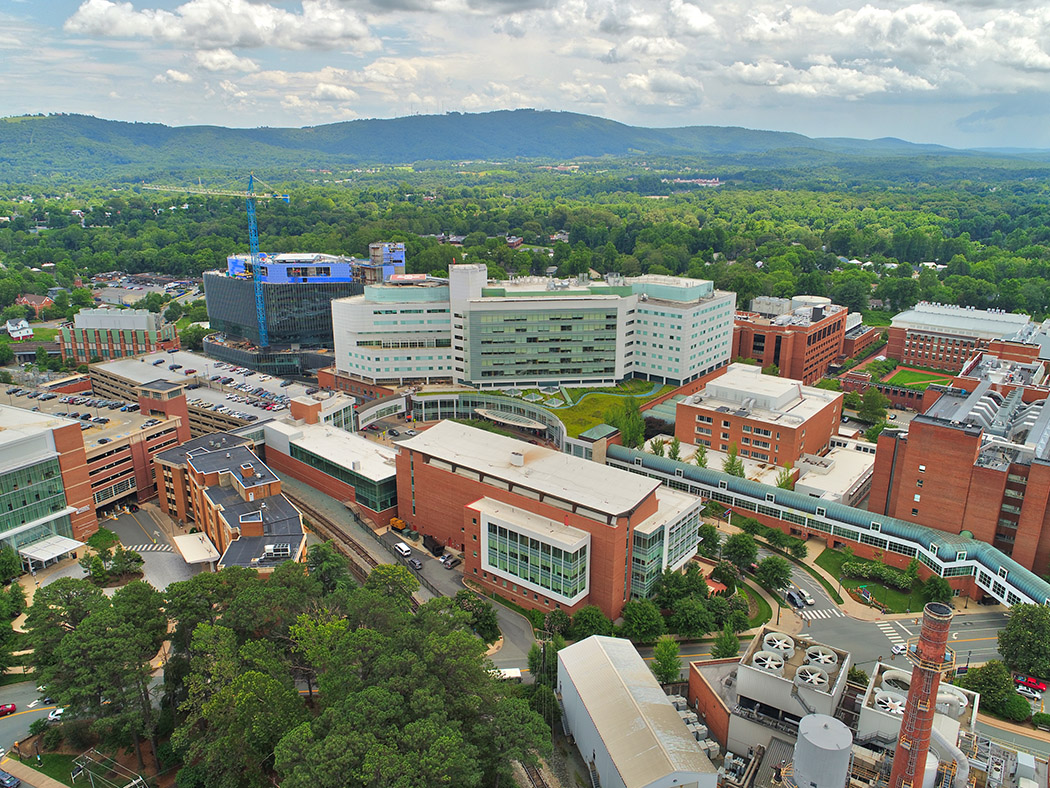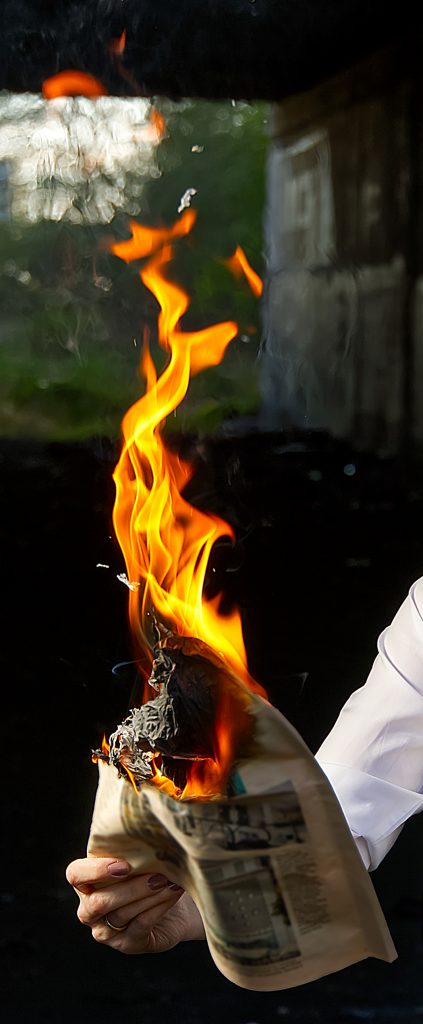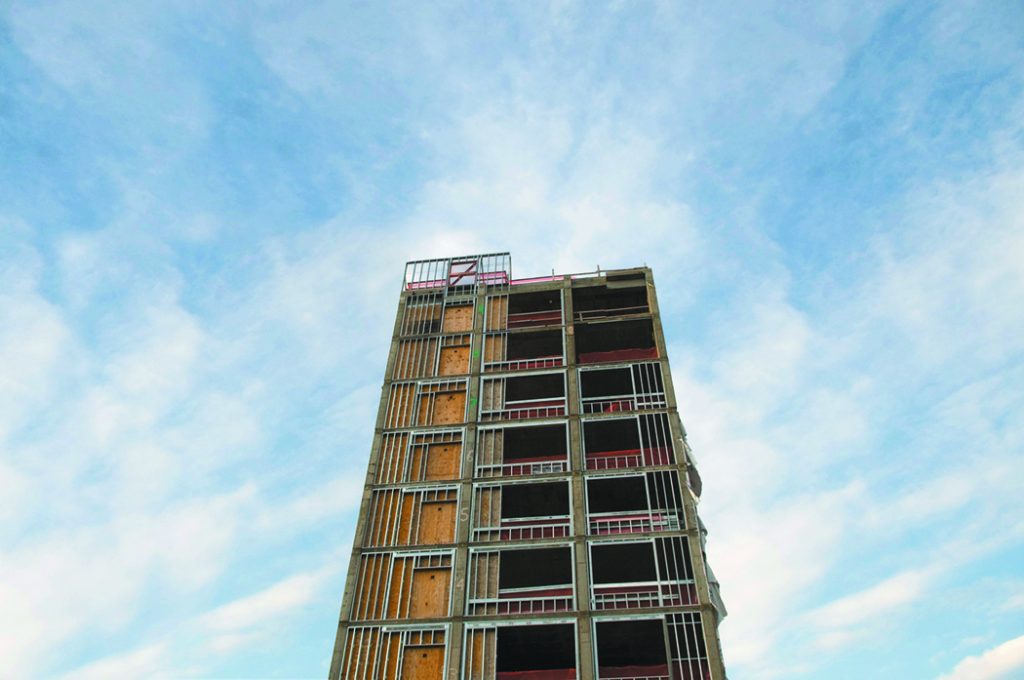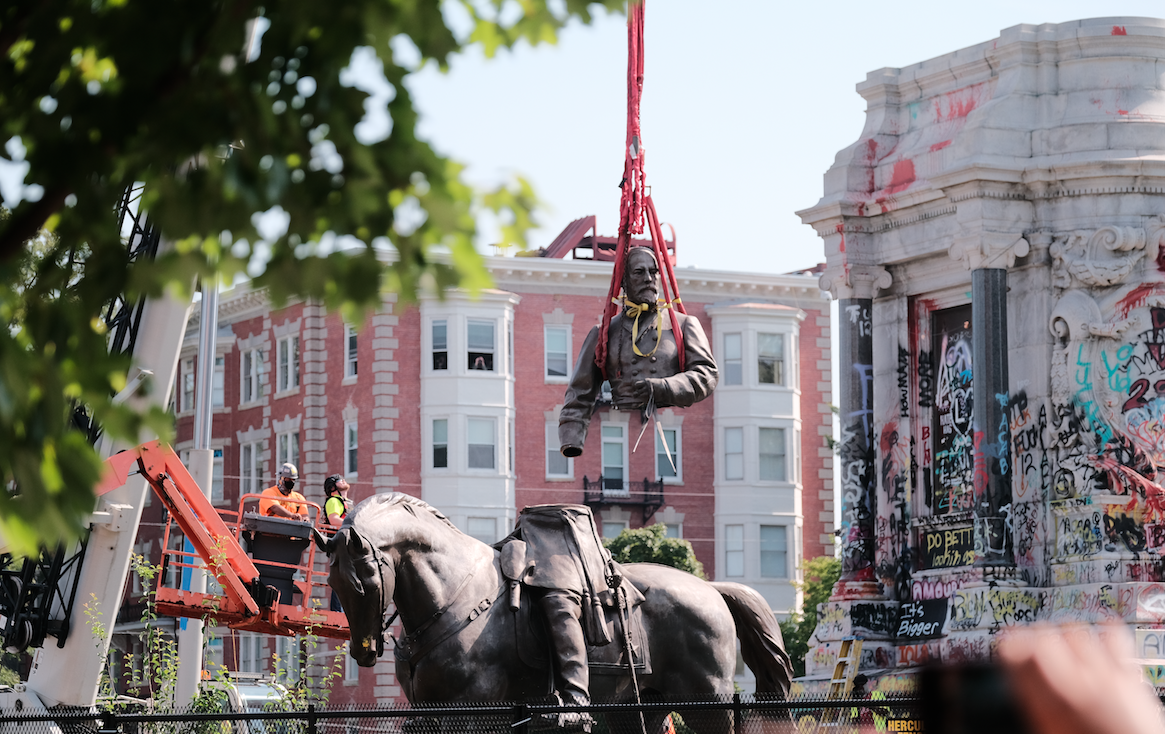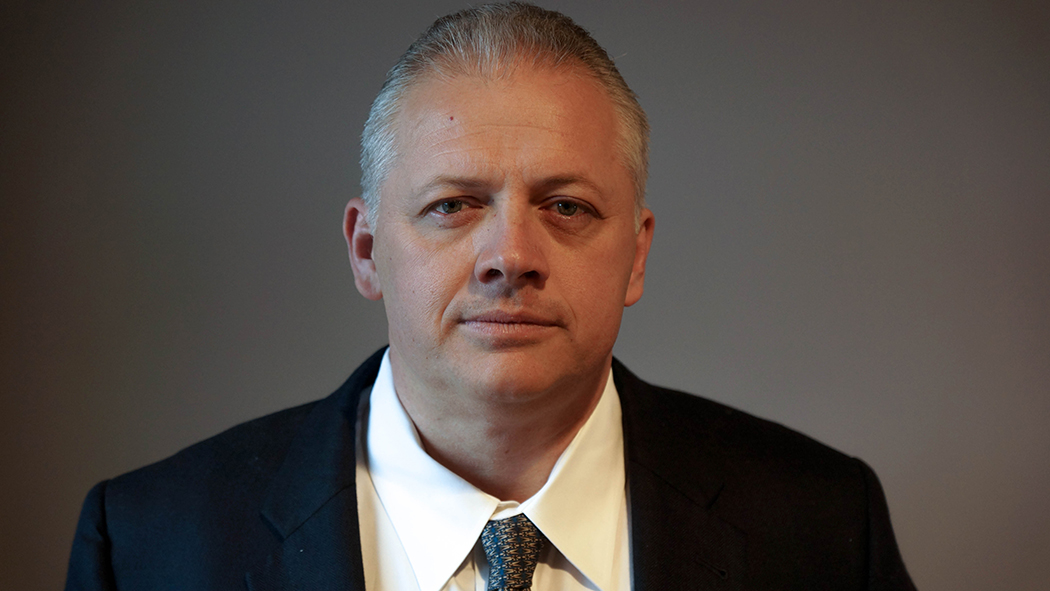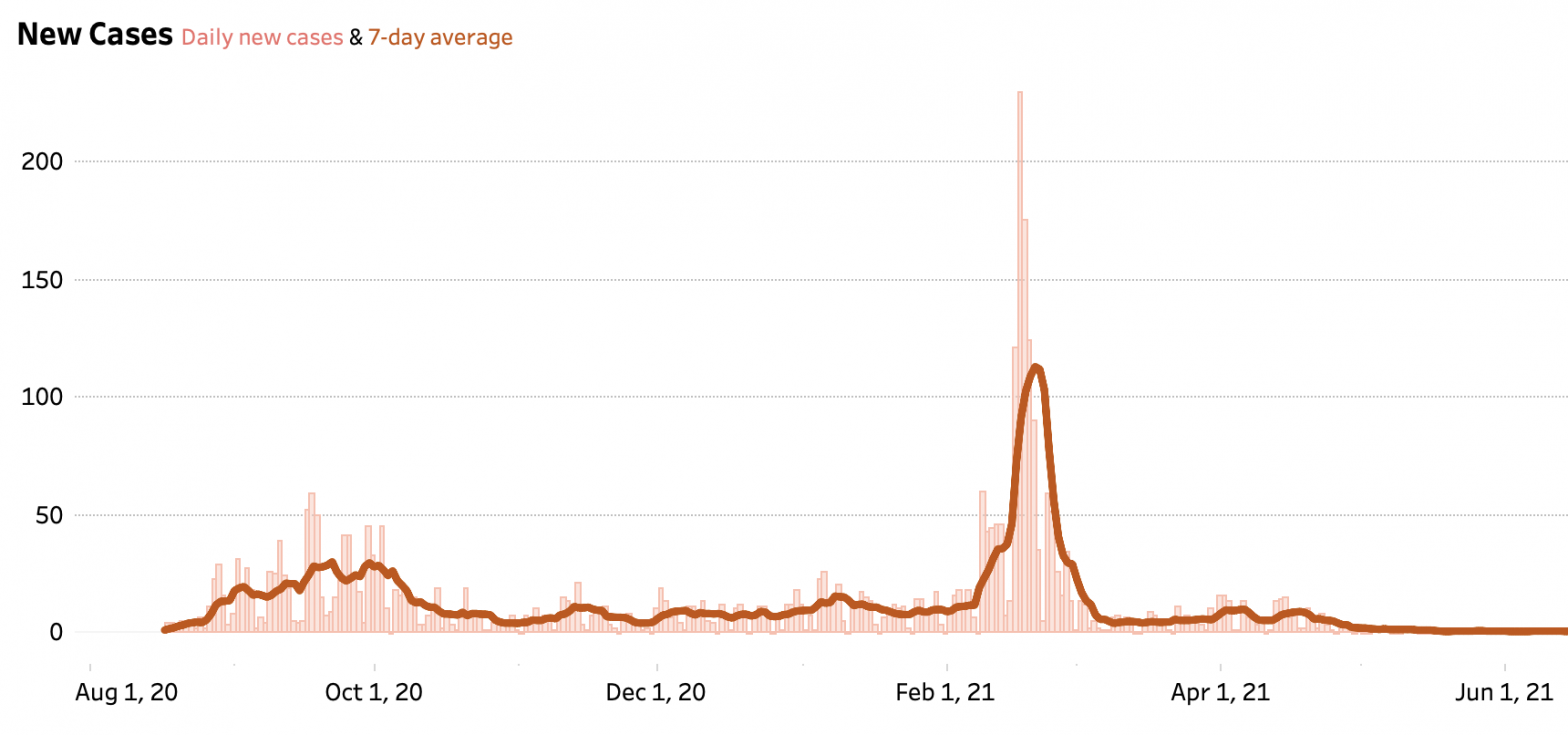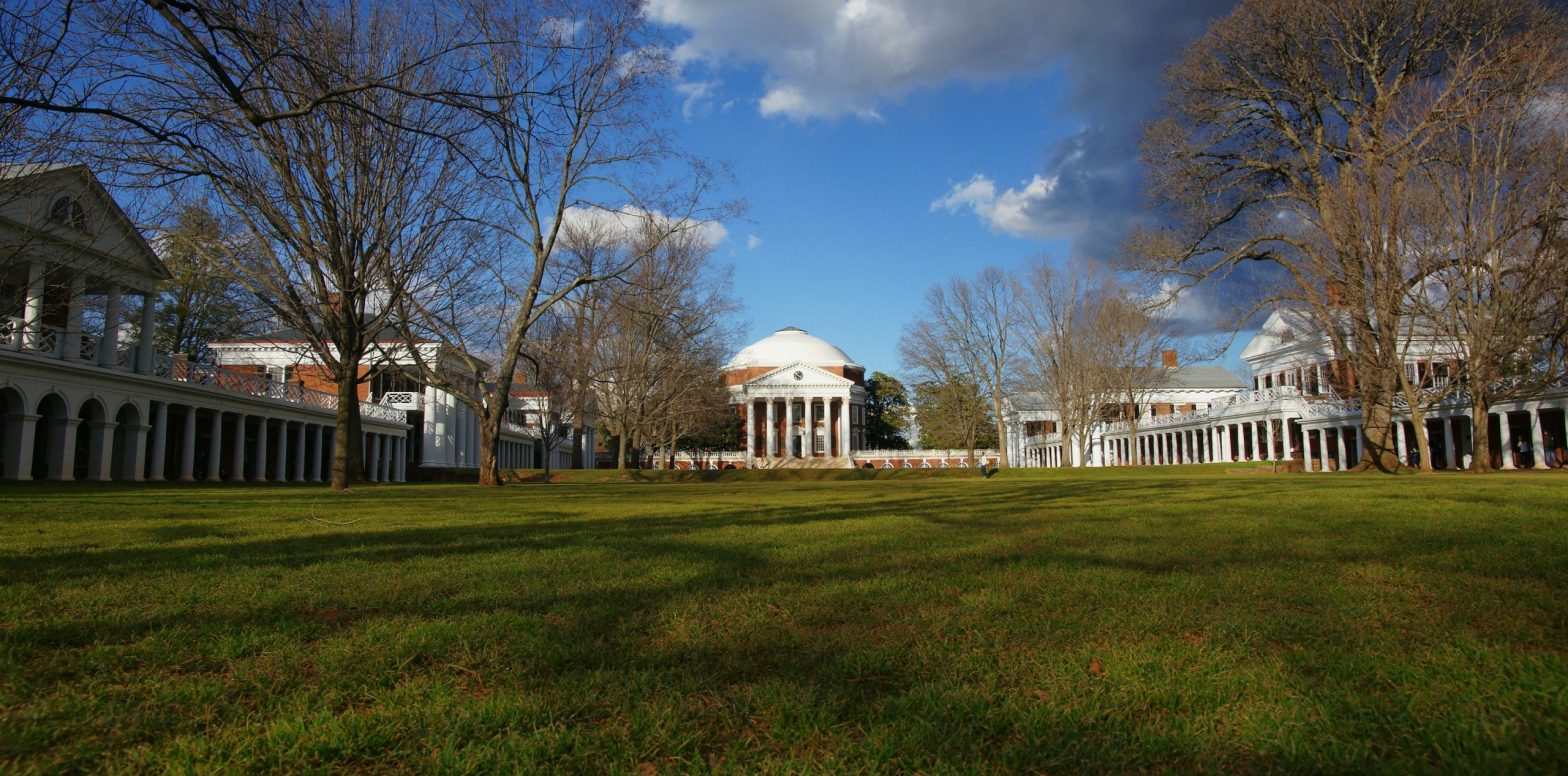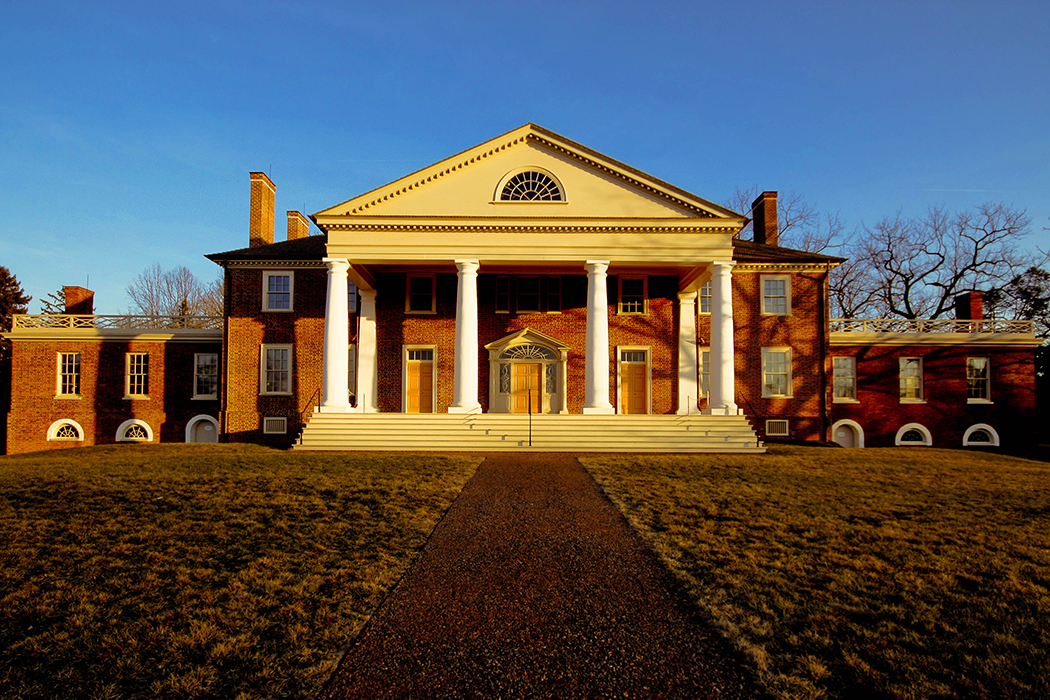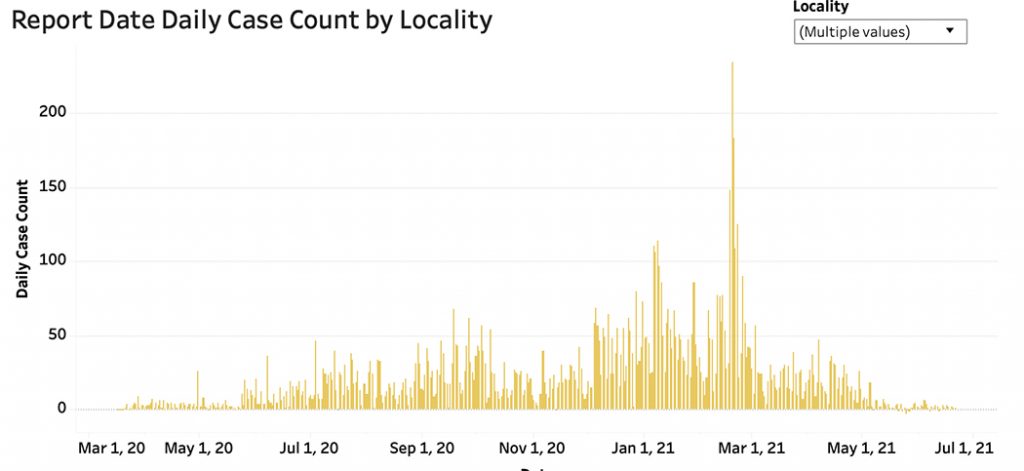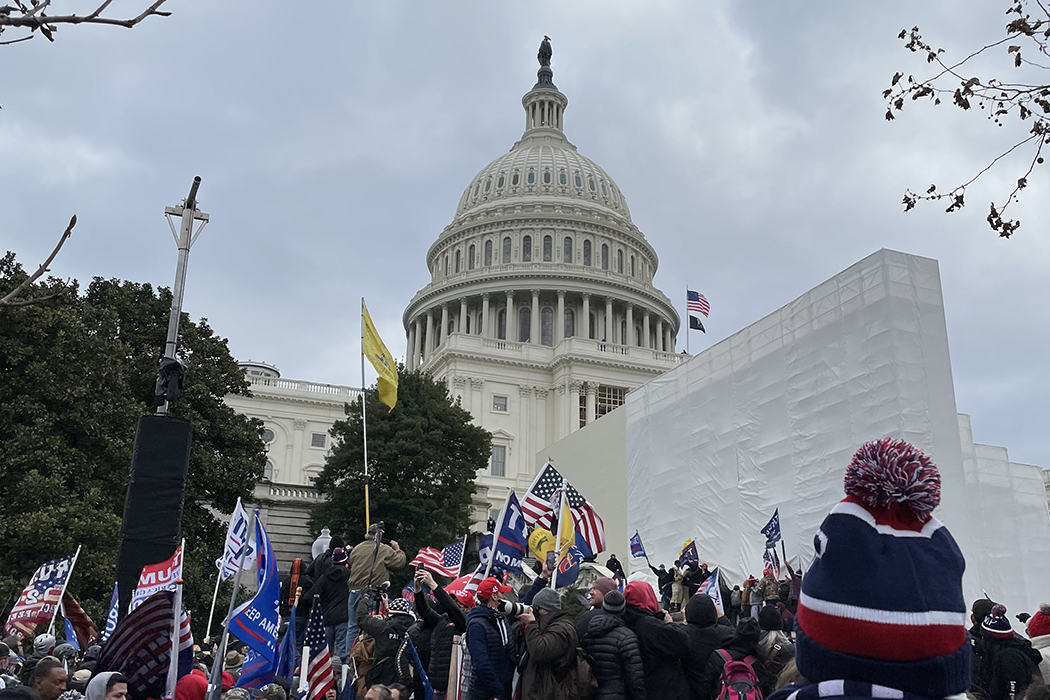By Kristin O’Donoghue
It was only a matter of time before the free speech debate was reinvigorated at the University of Virginia. Three years after the Miller Center’s decision to hire Trump administration official Marc Short sparked protests and faculty resignations from the center, the latest round of debate has been ignited by the impending arrival on Grounds of former U.S. Vice President Mike Pence on April 12.
Trump’s former second-in-command was invited by the UVA chapter of the Young Americans for Freedom. He plans to give a speech open to the university community titled “How to Save America from the Woke Left,” followed by a Q&A.
YAF issued the invitation because Pence is a “fighter for individual freedom” who represents the organization’s values, says YAF chair Nick Cabrera. Others at UVA see Pence in a different light.
Citing Pence’s “rhetoric that directly threatens the presence and lives of our community members,” the editorial board of The Cavalier Daily argued that the university should not provide a platform to Pence.
“The LGBTQ+ individuals Pence has attacked, the Black lives he refuses to value and the successful stories of immigration he and the former president hope to prevent—these very people are our peers, our neighbors and our community members,” the editorial board asserts. “We refuse to condone platforming Pence.”
Fox News caught wind of The Cavalier Daily op-ed, and ran a story citing responses from several journalists and political commentators who criticized the students’ position. Daily Mail and The Washington Post have also reported on the students’ opposition.
Cabrera thinks the opposition expressed in The Cavalier Daily “sets a dangerous precedent” for barring speech.
“If the board tells us anything of substance, it’s that they more than anyone need to come hear Pence speak,” Cabrera says. “Hear a dissenting viewpoint, and come ask a question.”
In mid-March, The New York Times published an essay by UVA student Emma Camp titled “I Came to College Eager to Debate. I Found Self-Censorship Instead.” Camp, a fourth-year who describes herself as a liberal, decried a university culture in which “backlash for unpopular opinions is so commonplace that many students have stopped voicing them, sometimes fearing lower grades if they don’t censor themselves.” Her piece has added to the fervor of the campus free speech debate, though she wrote the piece months before the invitation to Pence was sent.
“We need a campus culture that prioritizes ideological diversity and strong policies that protect expression in the classroom,” Camp wrote in the piece. “We cannot experience the full benefits of a university education without having our ideas challenged, yet challenged in ways that allow us to grow.”
University President Jim Ryan and Dean of Students Ian Baucom appear to share Camp’s position, and expressed support for Pence’s visit in an op-ed they co-wrote and submitted to The Cavalier Daily.
“We should all be proud that this University is a place where students have the courage and the platform to raise perspectives about events like these—regardless of their popularity among their peers or with prominent figures from outside of this community,” they wrote.
The university’s board of visitors recently endorsed a statement about free speech that expressed a commitment that “all views, beliefs, and perspectives deserve to be articulated and heard, free from interference.”
Cabrera says it’s only fair that conservatives get a voice. “We as conservatives in YAF are being canceled for sharing our beliefs in the classroom, yet woke liberals are praised for their progressive tactics under the guise of diversity, equity, and inclusion principles.”
Ryan and Baucom argue that sometimes the most important work of education happens in the “vigorous, messy and sometimes heated discussions that take place between empathetic speakers and generous listeners tackling important questions.”
Camp believes that university policies effectively teach students “learned helplessness,” and that “if there’s speech that makes you uncomfortable…the solution is not to speak…it’s to run to an adult and report the person.”
The Cavalier Daily has published multiple op-eds on the vice president’s upcoming visit that represent different opinions. The student member of the board of visitors, fourth-year Sarita Mehta, echoed Ryan and Baucom’s support for Pence’s speech. “Hosting Mike Pence does not validate his opinions, but presents them for our debate,” Mehta wrote. “The measure of our unity and the horizon of our collective future depends upon this confrontation.”
Another Cavalier Daily piece, written by first-year Elisabeth Bass, shared the board’s objection to platforming Pence, citing her own experience of feeling “othered” as a lesbian at the school, and Pence’s anti-LGBTQ positions, including his opposition to gay marriage and support for federally funded conversion therapy. “We cannot invite people into our home who deny any part of our community or its humanity,” Bass wrote.
Professors have chimed in on the debate, too.
“Mike Pence should certainly be allowed to speak at UVA,” says history professor William Hitchcock, one of the two UVA faculty members who resigned from the Miller Center in 2018 over Short’s hiring. At that time, Hitchcock differentiated between the university allowing someone to speak on Grounds and paying them a salary. “I think that he should be under the microscope rather than a member of the team doing the forensic analysis,” Hitchcock told NPR at the time.
Of Pence, Hitchcock says, “Students should listen to his views. If they do not like his words, they should mobilize with other students and make their voices heard in print and online.”
Camp believes that students must learn ideological resilience. If they oppose Pence’s viewpoints, they should protest his appearance rather than demand that the university silence him, she says.
University Democrats president Carissa Kochan has the following advice for students who are unsure about whether or not to attend the event: “I encourage students to make the best decision for themselves based on their interest in hearing from a person who supports policies that directly contradict the notions of equality and personal freedom.”
Cabrera asserts that YAF “will continue to fight for everyone’s right to speak their mind.” The question about how community members respond to speech they disagree with, remains.
Camp hopes that attendees will use their right to protest, but also remain civil. “While you have the right to scream racial slurs, you shouldn’t do that.”
In their op-ed, Ryan and Baucom referenced Clark Kerr, former president of the University of California, who said, “our task is not to make ideas safe for students, but to make students safe for ideas.”
“The exchange of ideas about Mr. Pence’s presence on Grounds is not a sign that free expression is dead on Grounds—it’s a sign that it is alive and well,” they added.
